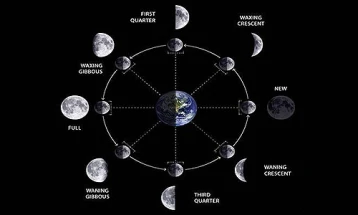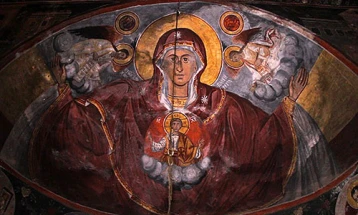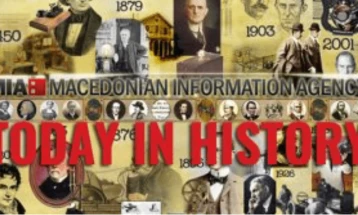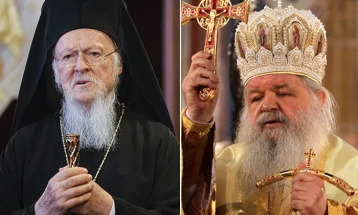Today in history
- 49 BC – Julius Caesar crosses the Rubicon, signaling the start of civil war.
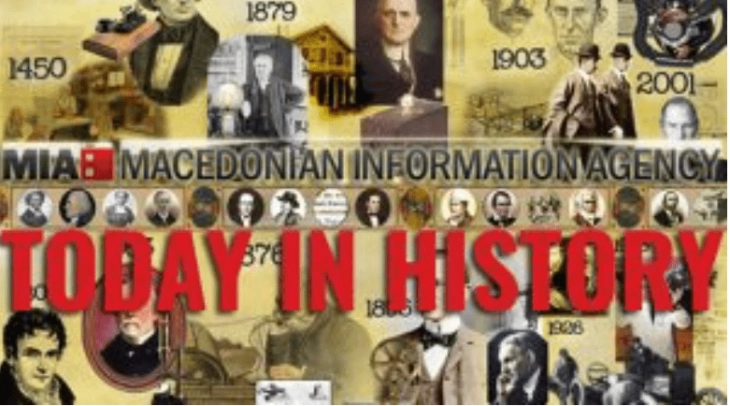
10 January 2025 (MIA)
49 BC – Julius Caesar crosses the Rubicon, signaling the start of civil war.
236 – Pope Fabian succeeds Anterus to become the twentieth pope of Rome.
1475 – Stephen III of Moldavia defeats the Ottoman Empire at the Battle of Vaslui.
1645 – Archbishop William Laud is beheaded at the Tower of London.
1791 – The Siege of Dunlap’s Station begins near Cincinnati during the Northwest Indian War.
1806 – Dutch settlers in Cape Town surrender to the British.
1861 – American Civil War: Florida secedes from the Union.
1863 – The London Underground, the world’s oldest underground railway, opens between London Paddington station and Farringdon station.
1870 – John D. Rockefeller incorporates Standard Oil.
1916 – World War I: In the Erzurum Offensive, Russia defeats the Ottoman Empire.
1920 – The Treaty of Versailles takes effect, officially ending World War I.
1927 – Fritz Lang’s futuristic film Metropolis is released in Germany.
1941 – World War II: The Greek army captures Kleisoura.
1946 – The first General Assembly of the United Nations opens in London. Fifty-one nations are represented.
1946 – The United States Army Signal Corps successfully conducts Project Diana, bouncing radio waves off the Moon and receiving the reflected signals.
1954 – BOAC Flight 781, a de Havilland DH.106 Comet 1, explodes and falls into the Tyrrhenian Sea killing 35 people.
1962 – Apollo program: NASA announces plans to build the C-5 rocket launch vehicle, which became known as the Saturn V Moon rocket, which launched every Apollo Moon mission.
1966 – Tashkent Declaration, a peace agreement between India and Pakistan signed that resolved the Indo-Pakistani War of 1965.
1972 – Sheikh Mujibur Rahman returns to the newly independent Bangladesh as president after spending over nine months in prison in Pakistan.
1981 – Salvadoran Civil War: The FMLN launches its first major offensive, gaining control of most of Morazán and Chalatenango departments
1984 – Holy See–United States relations: The United States and Holy See (Vatican City) re-establish full diplomatic relations after almost 117 years, overturning the United States Congress’s 1867 ban on public funding for such a diplomatic envoy.
1985 – Sandinista Daniel Ortega becomes president of Nicaragua and vows to continue the transformation to socialism and alliance with the Soviet Union and Cuba; American policy continues to support the Contras in their revolt against the Nicaraguan government.
1994 – The Government of Macedonia approves the country’s accession to the 1980 Convention concerning International Carriage by Rail (COTIF).
1996 – UN Secretary General Kofi Annan visits Macedonia.
1996 – The Republic of Macedonia and the European Union establish diplomatic ties.
2007 – A general strike begins in Guinea in an attempt to get President Lansana Conté to resign.
2012 – A bombing in Khyber Agency, Pakistan, kills at least 30 people and 78 others injured.
2013 – More than 100 people are killed and 270 injured in several bomb blasts in Pakistan.
2015 – A mass poisoning at a funeral in Mozambique involves beer that was deliberately contaminated with crocodile bile leaving at least 56 dead and nearly 200 hospitalized.
2015 – A traffic accident between an oil tanker truck and passenger coach en route to Shikarpur from Karachi on the Pakistan National Highway Link Road near Gulshan-e-Hadeed, Karachi, killing at least 62 people.
2016 – British singer David Bowie dies, aged 69, after a short illness. He released his last album “Blackstar” two days prior to his passing. Bowie is considered one of the most influential artists of the 20th century with a career, both in music and film, spanning almost five decades.
